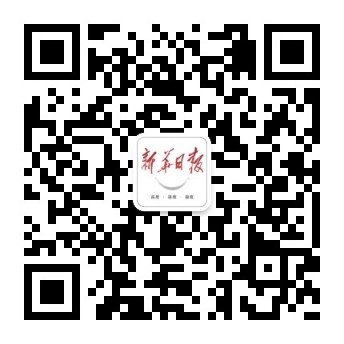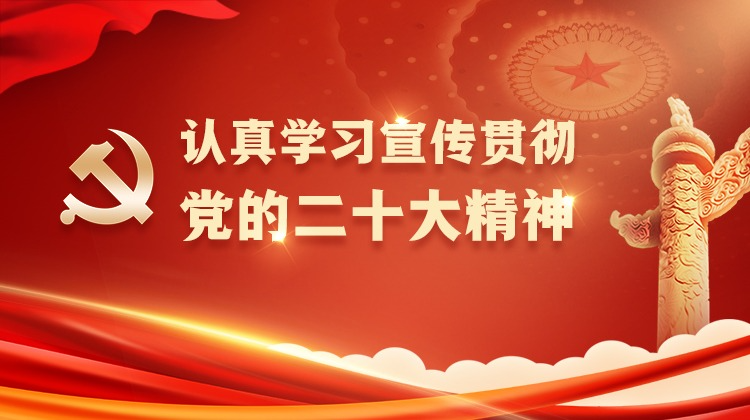
BEIJING, Feb. 13 (Xinhua) -- Oscar-winning actor Nicolas Cage once lamented his "incredible identity crisis" when realizing he was "no longer a dragon." The U.S. movie star was regretting not being born during the Chinese Year of the Dragon (龙 lóng), which in 1964 started in February, not January, according to the lunar calendar.
In China, newborns in such years as 1964, 1976, 1988, 2000, 2012, and, you guessed it, 2024, are dubbed "dragon babies."
They are thought to be blessed with bravery and wisdom characteristic of the Chinese dragon, one of the 12 animals in the Chinese zodiac cycle that also incorporates the rat, ox, tiger, rabbit, snake, horse, sheep, monkey, rooster, dog, and pig. Yet the dragon stands out as the only mythical animal; it enjoys great popularity.

Far from the fire-breathing monster in the West, the dragon in Chinese culture symbolizes good fortune and prosperity, and is supposed to bring ample precipitation indispensable to a good harvest.
The legendary creature has been immensely popular throughout Chinese history. People of the Chinese nation identify themselves as "descendants of the dragon." And emperors boasted about being "true dragons from heaven" who proudly wore elaborately embroidered dragon robes.
The dragon is important in Chinese culture. From tales passed down for generations to thousand-year-old bronze relics, from annual dragon boat races to dragon dances, this mythical creature holds a special place in the collective memory of the Chinese people.
Among the many signs of its cultural prominence, "chengyu," or Chinese idioms usually consisting of four characters, are arguably the most representative. Take a look.
Paint dragons and dot the pupils of their eyes

Legend has it that an ancient Chinese painter was commissioned to paint dragons on a wall. The moment he finally dotted the pupils, the dragons came alive and flew to the sky. A well-known idiom in China, it refers to the finishing touch that brings a work of art to life.
Interestingly, the practice of "dotting the pupils" is very much alive today. Prior to lion dances, distinguished guests will be invited to "awaken the lions by dotting their pupils," after which the animals are brought to life to entertain the audience with lively performances.

Crouching tiger, hidden dragon

A martial arts film directed by Ang Lee was named after it and earned ten Academy Award nominations in 2001. Pairing two powerful creatures, the tiger (虎 hǔ) and dragon, this idiom is usually used to refer to "hidden talents." To some extent, the expression alludes to the deep-seated unobtrusiveness of the Chinese people, who refrain from aggressive moves but keep honing skills to better themselves.
The combination of tiger and dragon is not uncommon in chengyu, for example, 生龙活虎 (shēng lóng huó hǔ, doughty as a dragon and lively as a tiger, brimming with energy) and 龙腾虎跃 (lóng téng hǔ yuè, dragons rising and tigers leaping -- a scene of bustling activity).

As high-spirited as a dragon-horse

A mystical creature, the dragon-horse (龙马 lóng mǎ) is a positive sign in Chinese culture used to describe being lively, vibrant or animated. People often exchange greetings with this expression at the beginning of the Year of the Dragon and Year of the Horse.

Parents wish their sons to "become dragons"

What about the daughters? They are expected to become phoenixes (凤 fèng) as in 望女成凤 (wàng nǚ chéng fèng). It's not that Chinese parents are bent on turning their offspring into immortals, but they set great store by their children's future success. It is hoped that with a decent education and hard work, their children will succeed in life and thrive like dragons and phoenixes.
In fact, the two imaginary creatures are grouped time and again as symbols of auspiciousness, e.g., 龙凤呈祥 (lóng fèng chéng xiáng): the dragon and phoenix bring prosperity and good fortune.








 新华报业网
新华报业网














 Android版
Android版
 iPhone版
iPhone版




